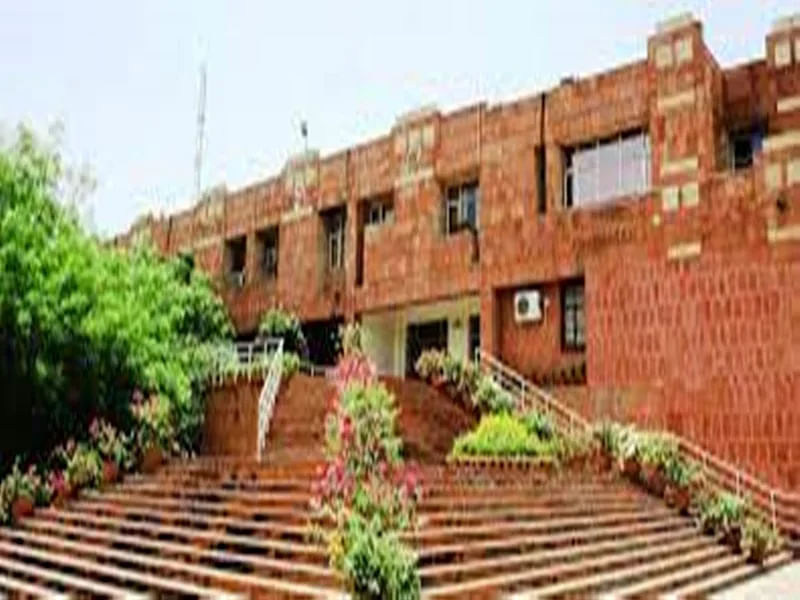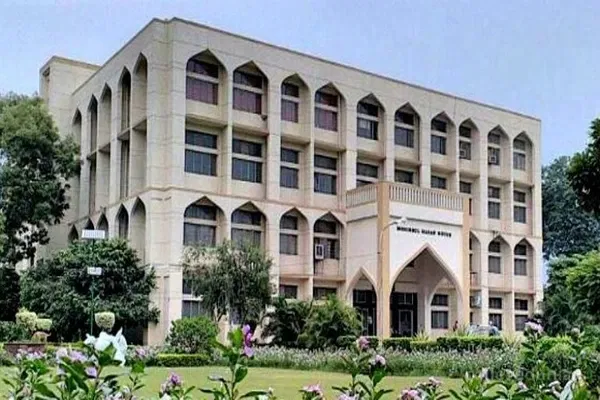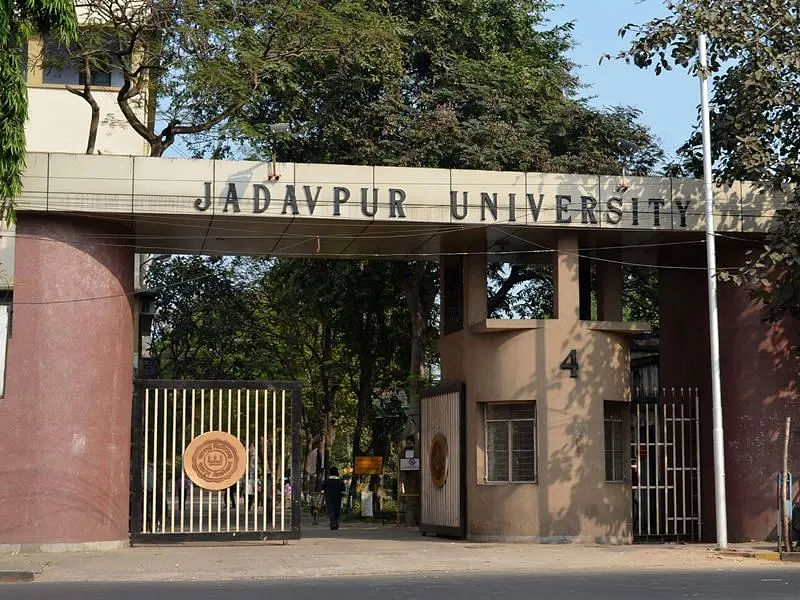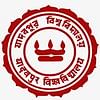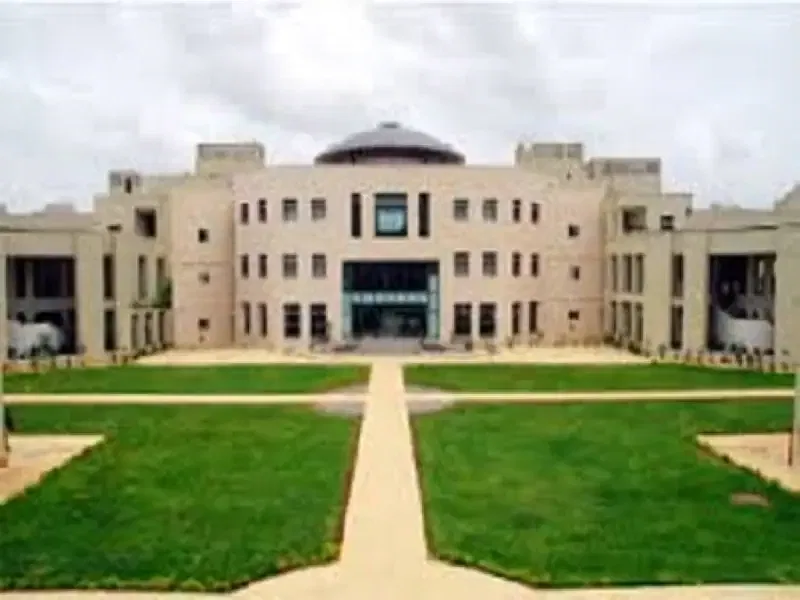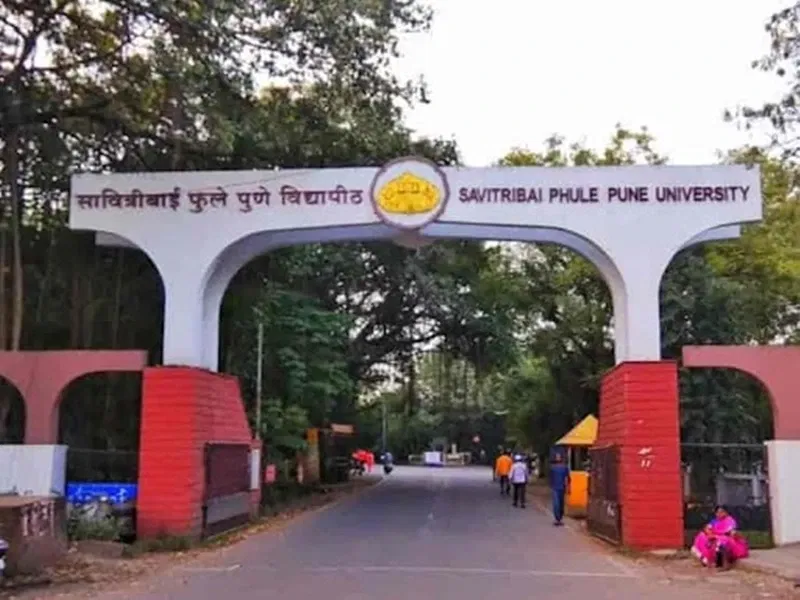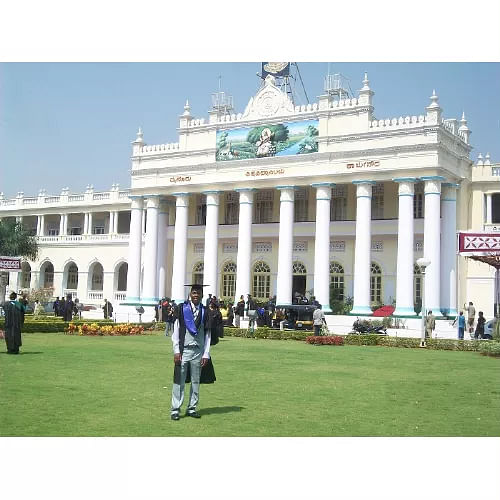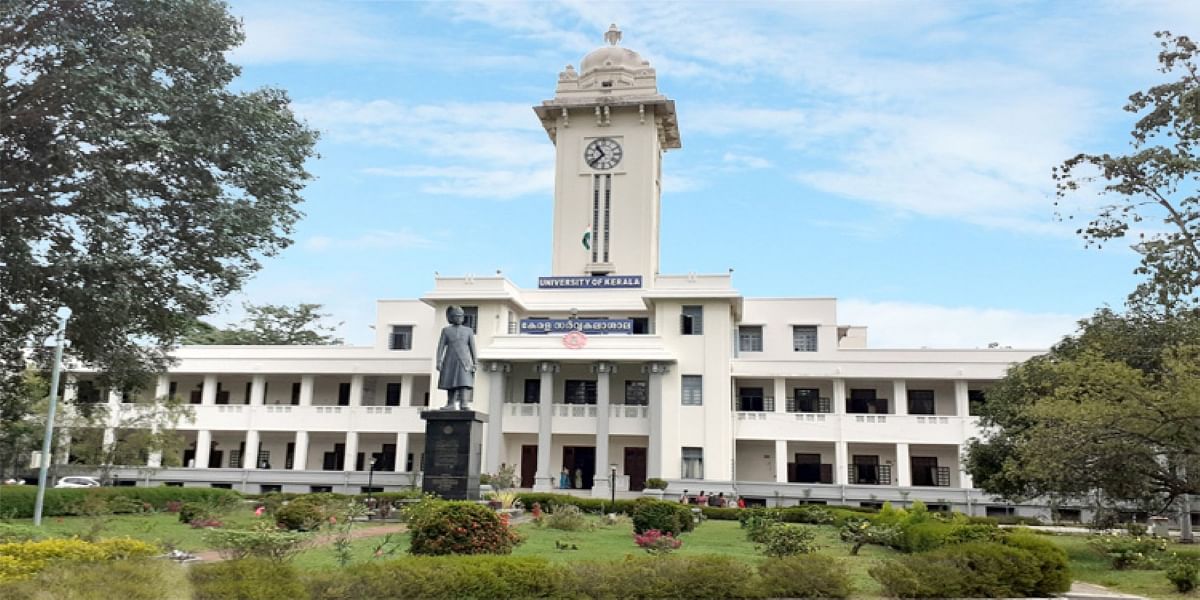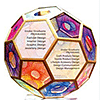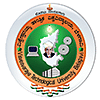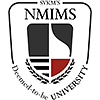M.Phil History Syllabus and Subjects

M.Phil History syllabus is a two-year postgraduate course in the history specialization. The M.Phil History syllabus and subjects are divided into two semesters with electives. The syllabus includes Historiography, History of Ideas, Themes and Writings on Socio-Economic History of India, Themes and Perspectives in the Cultural History of India, Dissertation, and many more.
Semester Wise M.Phil History Syllabus
The M.Phil History course aims to ensure that the students have all the exposure in covering everything from historical events, ideas, culture, society, findings, excavations, data collection to their philosophical viewpoints. M.Phil History course is a comprehensive study about the historical process and its growth or the methodologies employed by historians to interpret their material. Semester-wise M.Phil History subjects list is given in the table below:
|
Semester I |
Semester II |
|
History of Ideas |
Dissertation |
|
Historiography |
Research Methodology and Thesis Writing |
|
History Sahit Da Itihaas |
- |
|
Semester III |
Semester IV |
|
Debates in Indian History |
Themes and Perspectives in the Cultural History of India |
|
Themes and Writings on Socio-Economic History of India |
- |
M.Phil History Subjects
The M.Phil History course offers both theoretical and practical aspects of the study. M.Phil History subjects like Historiography, History of Ideas, Themes, and Writings on Socio-Economic History of India, Themes and Perspectives in the Cultural History of India, Dissertation, are taught in the course curriculum. The course curriculum includes theoretical and practical subjects. The compulsory subjects include:
- Research Methodology And Thesis Writing
- Historiography
- Themes And Writings On Socio-Economic History Of India
- Themes And Perspectives In The Cultural History Of India
M.Phil History Course Structure
M.Phil History course structure includes both core and elective subjects which are the aspects of the study. The course structure is made in such a way that both classroom training and practicals are included in the course curriculum. The course structure is given below:
- IV Semesters
- Core Subjects
- Electives
- Projects
- Thesis Submissions
M.Phil History Teaching Methodology and Techniques
The course curriculum takes into account different teaching methods. Classroom learning includes practical sessions for students. Students who are passionate about studying deep Historical Excavations, Findings, Ideology, Processes, And Methodology, and building a data collection in the future. Listed below are the teaching methodology and strategies in general:
- Practical & Live sessions
- Guest Lectures, Seminars, and Workshop
- Group Assignment and Discussion
- Dissertation
M.Phil History Projects
Research Projects are given to students to understand the concepts and help students in getting hands-on experience. Projects and job training are to be completed by the end of the final year. Some popular M.Phil History projects topics are:
- Making Climate History
- Histories of Artificial Intelligence: A Genealogy of Power
- From Collection to Cultivation: Historical Perspectives on Crop Diversity and Food Security
- How Collections End: Objects, Meaning and Loss in Laboratories and Museums
- Tools in Materials Research
M.Phil History Reference Books
M.Phil History books are available both online and offline by many authors and publications. Reference books are meant for gaining an in-depth understanding of concepts. Books on M.Phil History for academic purposes differ according to subjects. Some of the reference books for the course in M.Phil History are:
|
Books |
Authors |
| A Textbook of Historiography |
E. Sreedharan |
| New Dictionary of the History of Ideas |
Maryanne Cline Horowitz |
|
Indian History |
Arihant |
|
Planning Your Dissertation |
Kate Williams |
